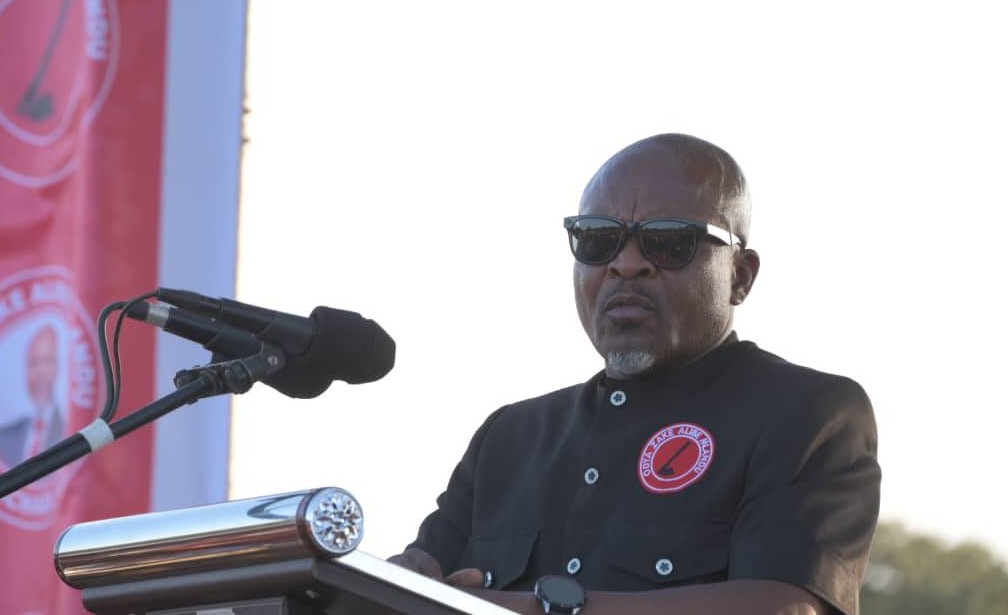By Suzgo Khunga
Vice-President Michael Usi has called for changes to the international financial architecture to ensure that development aspirations of poor countries such as Malawi are delivered equitably.
He made the remarks in a statement he delivered in the plenary of the 4th United Nations International Conference on Financing for Development in Seville, Spain under the theme ‘Financing our future’.
Said Usi: “We need enhanced voices of developing countries in decision-making spaces of international financial institutions including multi-lateral development banks.
“Debt relief, highly concessional loans, blended finance and official development assistance are essential for countries like Malawi facing disproportionate impact of global political and economic dynamics as well as climate and pandemic shocks.”
He said Malawi will embrace innovative and transformative financial mechanisms such as digital and blended financing.
“We urge enhanced support for trade infrastructure and market access, alongside fair multilateral trade rules so that we build effective public-private financial and capital markets,” said Usi.
Malawi has not been spared the effects of the dwindling development support from partners around the world.
In this regard, the Vice-President said Malawi has the appropriate legal and policy frameworks for digital financing but requires capacity enhancement in science, technology and innovation.
“We must bridge technological gaps to empower youth and women for sustainable development,” he said.
In addition to the plenary, the Vice-President is expected to hold bilateral meetings with the governments of Norway, Sweden and Luxembourg to discuss further development cooperation and new areas for development financing.
Earlier in the day, Usi was a panellist at the Commission on the Future of Development Finance organised by the Gates Foundation and Devex where he reiterated the need for financing human capital expertise in the private and public sector.
He acknowledged that all countries are operating in difficult environments but financing partners must not forget the positive outcomes of supporting programmes which have a spill-over effects on human capital development.
The conference seeks to tackle issues ranging from rising debt and shrinking investment to the aid funding crisis and struggles to meet ambitious development goals as well as how the global financial system is failing the people it is supposed to serve.
Spain’s Prime Minister Pedro Sánchez highlighted the urgency of collective action saying the platform represents “a critical opportunity to restore trust in multilateralism and deliver tangible financing” while UN Secretary-General António Guterres underscored the importance of the Seville Platform for Action as a catalyst for joint action and delivery.
